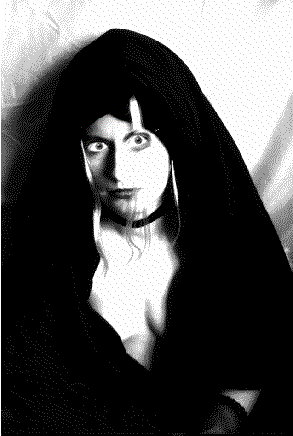SOMEWHERE IN THE 70'S
![]()
Timothy LearyTimothy Leary was an American psychologist and author who was a leading advocate for the use of LSD (lysergic acid diethylamide) and other psychoactive drugs. |
||||
| Leary, the son of a U.S. Army officer, was raised in a Catholic household and attended Holy Cross College, the U.S. Military Academy at West Point, the University of Alabama (B.A., 1943), and Washington State University, from which he earned a master's degree. In 1950 he received a doctorate in psychology from the University of California at Berkeley, where he was an assistant professor until 1955. |  |
|||
|
During the 1950s Leary developed an egalitarian model for interaction between the psychotherapist and the patient, promoted new techniques of group therapy, and published a system for classifying interpersonal behaviour. He acquired a reputation as a promising young scholar and was appointed to the position of lecturer at Harvard University in 1959. |
|
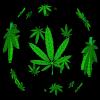
|
||

|
At Harvard, Leary began experimenting with psilocybin, a synthesized form of the hallucinogenic agent found in certain mushrooms. He concluded that psychedelic drugs could be effective in transforming personality and expanding human consciousness. Along with a colleague, he formed the Harvard Psychedelic Drug Research Program and began administering psilocybin to graduate students; he also shared the drug with several prominent artists, writers, and musicians. |
 |
||
|
|
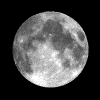 |
|
Leary explored the cultural and philosophical implications of psychedelic drugs; in contrast to those within the psychedelic research community who argued that the drugs should be used only by a small elite, Leary came to believe that the experience should be introduced to the general public, particularly to young people. | |
|
|
|
 |
||
|
He traveled widely and gave many public lectures, especially on college campuses, and because of his high public profile, he became a focus of the emerging public debate over LSD. |
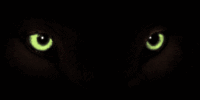 |
|||
|
|
His phrase "turn on, tune in, drop out" became a popular counterculture slogan. Cultural conservatives saw Leary as a corrosive influence on society. | |||
|
|
President Richard Nixon called him "the most dangerous man in America"--while many researchers felt that Leary delegitimized the serious study of psychedelic drugs. |
|||
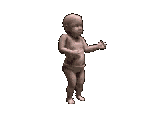 |
||||
|
|
||||
|
|
||||
 |
After arrests in 1965 and 1968 for possession of marijuana and a prolonged legal battle, Leary was incarcerated in 1970. He soon escaped and became a fugitive, living outside the United States for more than two years until being recaptured in Afghanistan. He was freed in 1976 and settled in southern California. |
|
||
 |
||||
|
|
 |
|||
|
|
||||
|
|
||||
|
|
||||
|
|
||||
|
|
|
|
||
|
|
||
|
|
Timothy Leary(in full
Timothy Francis Leary) |
 |
|
|
|
|
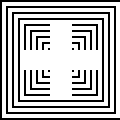  |
|
  |
